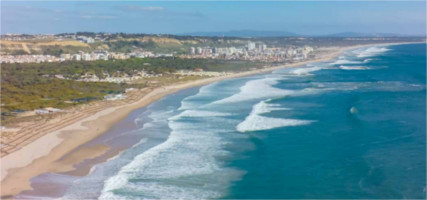Speaker
Shuntaro Sakai
(Kyoto University)
Description
In this talk, we present the result of our investigation of the $\eta\rightarrow3\pi$ ($\pi^+\pi^-\pi^0$ and $3\pi^0$) decay width in the nuclear medium and the possible relevance of the chiral restoration using linear sigma model.
In the decay process of the $\eta$ meson into three pions, the S-wave interaction of the pions which is called sigma mode gives a significant contribution.
The sigma mode is expected to be softened in the nuclear medium along with the chiral restoration and the softening would affect the decay width in the nuclear medium through the modification of the final-state interaction.
We study the decay process in the nuclear medium utilizing the linear sigma model which enables us to investigate the effect of the softening of the sigma mode in association with the chiral restoration on the decay process.
The decay width in the nuclear medium is enhanced at most about four to ten times larger than that in the free space though the enhancement has a relatively large dependence on the mass of the sigma meson in the free space which is an input parameter in this study.
The enhancement is significant even in the small density;
the decay width becomes several times larger than that in the free space at a half of the normal nuclear density and the dependence on the sigma mass is small.
This enhancement of the decay width in the nuclear medium is caused by the softening of the sigma meson through the chiral restoration.
We expect that the enhancement of the decay width in the nuclear medium can be a new possible probe for the chiral restoration.
Author
Shuntaro Sakai
(Kyoto University)
Co-author
Teiji Kunihiro
(Kyoto University)
